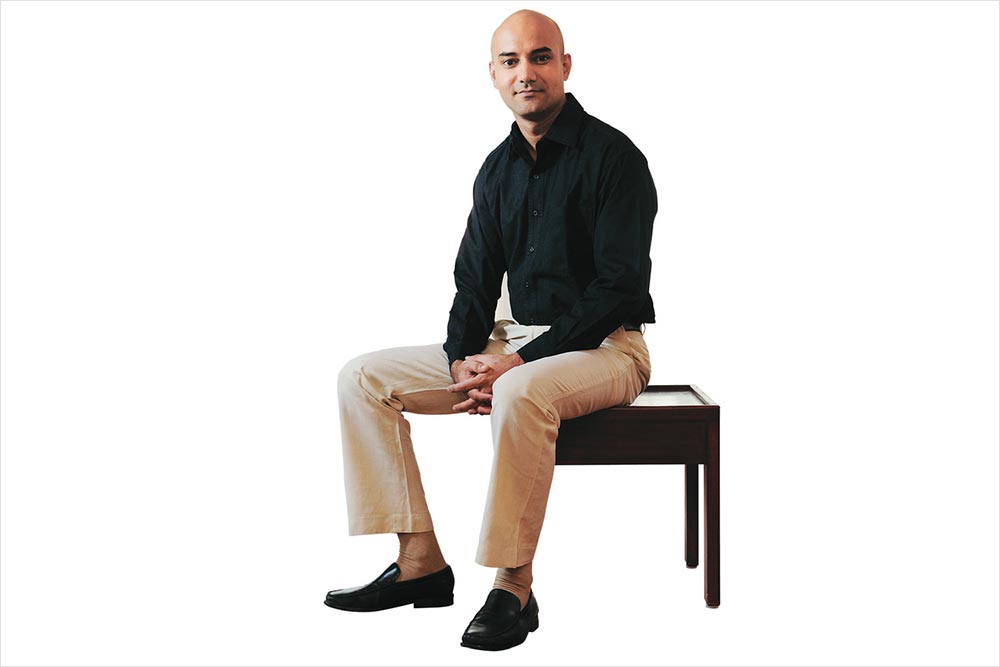Guilt is our moral compass, a feeling that tells us when our action is in conflict with our values. A person who feels no guilt is driven only by self-gratification, without a care about the consequences of his actions, and no remorse about hurting anyone. In a way, guilt makes us human.
Then there is shame — a close cousin of guilt, but far more toxic. Shame is a self-repudiating, corrosive, and insidious force that prevents us from evolving, and living with equanimity and joy. Psychologist John Bradshaw summarised the subtle difference between guilt and shame: “Guilt says I’ve done something wrong; shame says there is something wrong with me.”
Guilt helps us evolve, shame prevents growth. Guilt tells us what actions we should or should not do. Shame tells us that we are unworthy of living.
While guilt should responded to, shame is something that has to be purged before we can claim existence as our playground. The person who feels no guilt is a sociopath. And the person who feels no shame is enlightened.
Shame has its roots in the first few years of life. A harsh and overly critical upbringing generates enough shame to affect the child into adulthood. The woman who cannot say, “no”, because she fears disapproval; the man who drinks to numb his inner pain; the grandiose, egocentric, insecure boss — they are people struggling to hide their shame.
Ask yourself if it is shame that you feel, or guilt, when you feel uneasy or uncomfortable after an action. Reflect, introspect. Remind yourself that you have no need for shame; that you are fundamentally okay just the way you are, that imperfection and failings are a part of being human. In this way, let go of shame. But if you feel your actions are inconsistent with your values, then make a note to improve.
Always listen to guilt, let go of shame.











